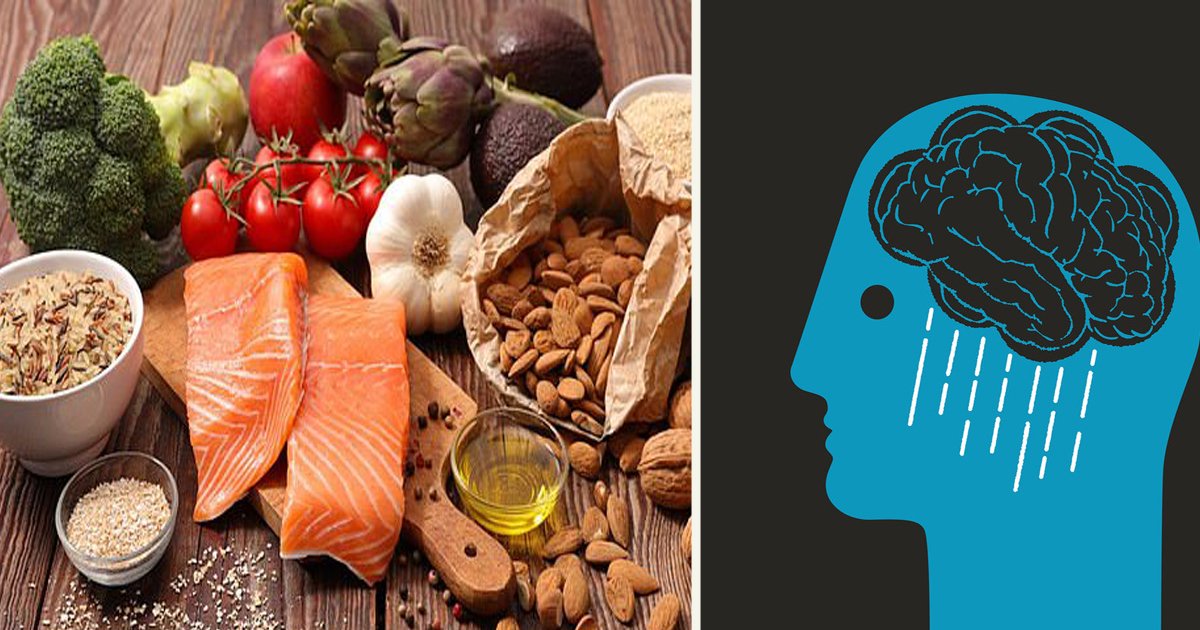Food plays a very important role in our mental health, scientists have confirmed.
According to studies, different diets found a ‘direct relationship’ between eating well and stress, mental health, and brain function.
Experts from across Europe, led by the University of Gothenburg in Sweden, said this relationship is strong in some areas but more uncertain in others.
The ketogenic diet helps children with epilepsy, while vitamin B12 deficiency could develop poor memory or exhaustion.
The Mediterranean diet scales back on sugar, red meat, and saturated fat. This diet helps to protect against anxiety and depression.
The researchers hadn’t enough proof to explain why foods had certain effects and they needed discoveries.
‘We have found there is increasing evidence of a link between a poor diet and the worsening of mood disorders, including anxiety and depression,’ said Professor Suzanne Dickson.
‘However, many common beliefs about the health effects of certain foods are not supported by solid evidence.’
According to the researchers, eating more sugar could worsen ADHD and was not backed up by long-term studies.
The researchers cleared that what people eat could affect their mental health.
They wrote in the paper: ‘It is becoming clear the negative consequences of a poor-quality diet can impair mental health and cognitive function, which is likely to [get worse] with age.
‘Interestingly, nutrition and, in particular, malnutrition and obesity, are closely intertwined with mood regulation and stress sensitivity, suggesting a strong link between diet, metabolism and mental wellbeing.’
Professor Dickson added: ‘In healthy adults, dietary effects on mental health are fairly small, and that makes detecting these effects difficult.
‘It may be that dietary supplementation only works if there are deficiencies due to a poor diet.
‘We also need to consider genetics: subtle differences in metabolism may mean that some people respond better to changes in diet that others.
‘There are also practical difficulties which need to be overcome in testing diets. Food is not a drug, so it needs to be tested differently to a drug.
‘We can give someone a dummy pill to see if there is an improvement due to the placebo effect, but you can’t easily give people dummy food.
‘The message of this paper is that the effects of diet on mental health are real, but that we need to be careful about jumping to conclusions on the base of provisional evidence. We need more studies on the long-term effects of everyday diets.’
The research was published in the medical journal European Neuropsychopharmacology.
Recommended Video
“Cancer Patient Given A Terminal Diagnosis Throws Amazing Birthday Party For Whole Village”
[rumble video_id=v5c6wl domain_id=u7nb2]





